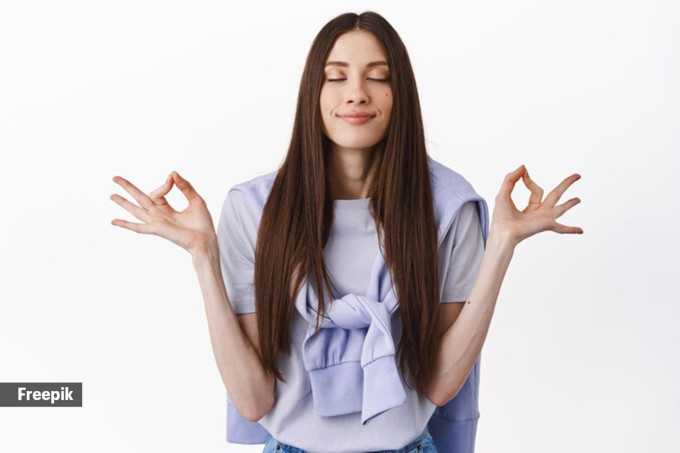Indian equestrian Anush Agarwalla says, ‘Without the horses, we are nothing’; why the sport is good for mental and physical health
In a historic achievement for Indian sports, Anush Agarwalla, 24, has become the first equestrian from the country to qualify for the individual dressage event at the Olympic Games. This milestone not only marks a significant leap for India in the world of equestrian sports but also shines a spotlight on the profound connection between riders and their horses.
At 17, he relocated to Germany where his casual weekend horseback riding hobby, initially pursued without competitive goals, quickly evolved into a passionate pursuit. “Without the horses, we are nothing. Of course, you need to be a good rider. You need to have a good coach. But without the right horse, you are nothing,” Agarwalla told PTI, ahead of the competition that is set to take place in Paris on 26 July.

Beyond the thrill of competition, horse riding offers a myriad of physical and mental benefits that contribute to the overall well-being of enthusiasts and athletes alike. Gurleen Baruah, occupational psychologist and executive coach at That Culture Thing, says, “Horse riding provides numerous physical and mental health benefits, making it an effective therapeutic activity for individuals.”
Physical benefits of horse riding
Horse riding offers a comprehensive and unique form of exercise that benefits the entire body in several significant ways, says Baruah. “One of the primary physical benefits is muscle development. Maintaining balance on a horse requires continuous engagement of the core muscles, including the abdominals and lower back. This not only strengthens these muscles but also enhances overall core stability.”
Additionally, the act of gripping the horse with the legs works the inner thighs, quadriceps, hamstrings, and calves. The need to control the horse through the reins and maintain an upright posture also engages the muscles of the arms, shoulders, and upper back, providing a full-body workout that is both functional and effective.
 Horse riding offers a comprehensive and unique form of exercise that benefits the entire body in several significant ways. (Source: Freepik)
Horse riding offers a comprehensive and unique form of exercise that benefits the entire body in several significant ways. (Source: Freepik)
Improved posture is another crucial benefit of horse riding. Riders must sit up straight and maintain proper alignment to effectively communicate with the horse and stay balanced. This consistent practice strengthens the muscles along the spine and encourages good posture habits, which can help prevent long-term back pain and other posture-related issues.
Overall fitness is significantly enhanced through regular horse riding. Cardiovascular health benefits from the aerobic nature of riding, says Baruah, particularly during more intense activities such as “trotting, cantering, and jumping, which elevate the heart rate similarly to other moderate-intensity exercises.”
Horse riding also improves flexibility and coordination due to the dynamic movements involved in controlling and responding to the horse’s motions. This constant adjustment and balance required to stay in sync with the horse improve joint mobility and enhance overall body coordination.
Mental health benefits associated with horse riding
The benefits are largely derived from the calming and therapeutic nature of interacting with horses and the physical activity involved in riding.
Stress relief and calmness: Horses are naturally calming and sensitive creatures. Their ability to mirror and respond to human emotions helps in creating a tranquil environment. Spending time with horses, grooming them, and riding them can significantly reduce stress levels.
Improved mood and reduced symptoms of depression: Physical activity, in general, is known to boost the production of endorphins, which are chemicals in the brain that act as natural mood lifters. Horse riding, with its unique blend of exercise and animal interaction, further enhances this effect.
Building mental resilience and confidence: Learning to ride and care for a horse requires patience, discipline, and practice. As riders develop new skills and overcome challenges, they build confidence and resilience.
Distraction and mindfulness: Horse riding requires focus and attention, which can distract individuals from their worries and anxieties. The need to concentrate on the present moment while riding fosters mindfulness, a practice known to reduce anxiety and improve mental clarity.
📣 For more lifestyle news, click here to join our WhatsApp Channel and also follow us on Instagram
Disclaimer: The copyright of this article belongs to the original author. Reposting this article is solely for the purpose of information dissemination and does not constitute any investment advice. If there is any infringement, please contact us immediately. We will make corrections or deletions as necessary. Thank you.
